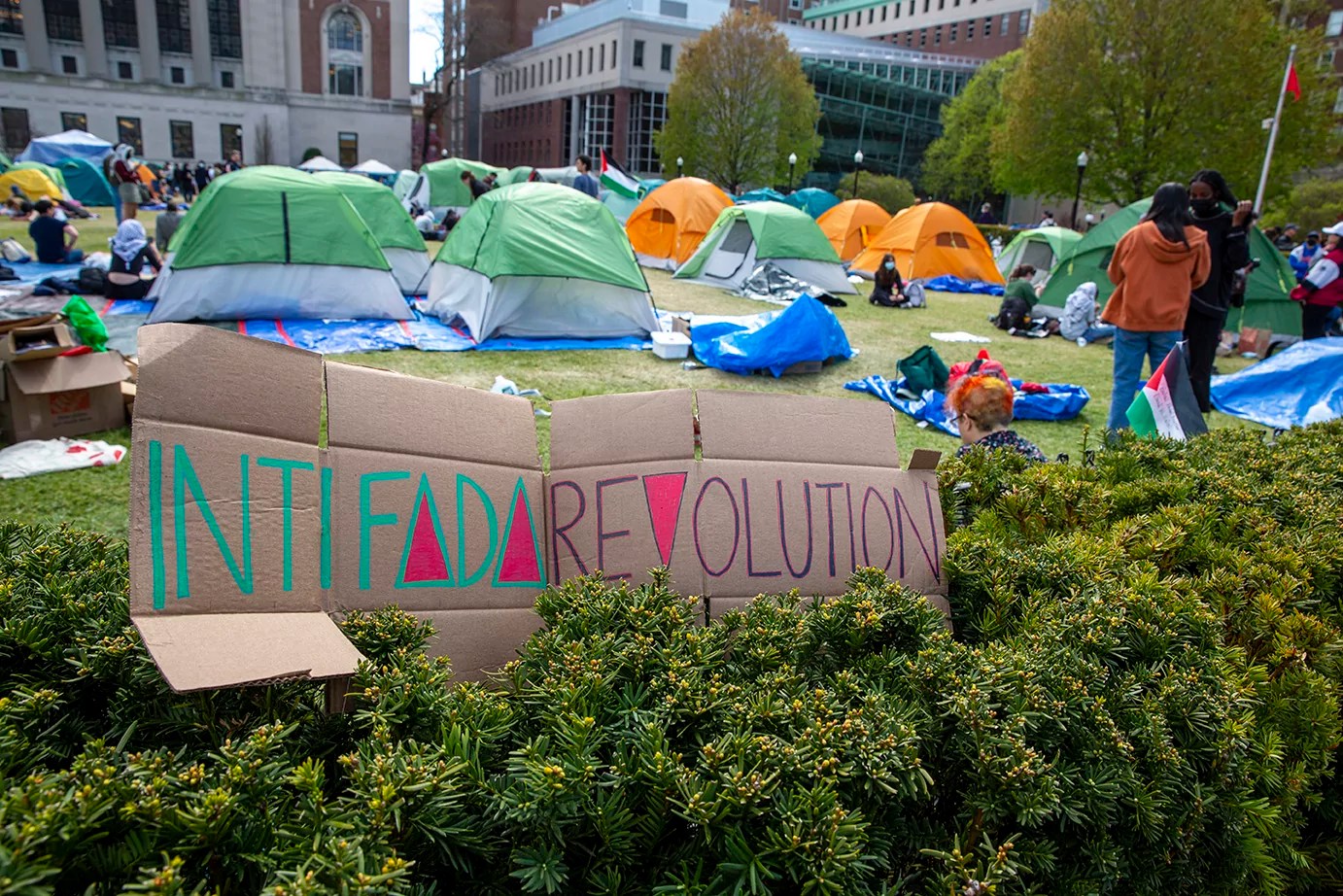


Being a college president has never been easy. Last year, it probably felt impossible.
But college presidents make their jobs harder when they fail to define their schools’ core missions and educate students on their free speech and academic freedom rights.
My organization, the Foundation for Individual Rights and Expression, recently surveyed roughly 59,000 college students and found that 69% of them said shouting down a campus speaker is acceptable to some degree, up from 63% the year before. A shocking 32% said the same about using violence to stop a campus speech, up from 27%.
These dispiriting statistics are signs of failed leadership in higher education. Shouting down speakers or using violence to stop them is not an exercise of free speech — it’s mob censorship.
Today’s college students cannot develop into tomorrow’s leaders if they resort to illiberal tactics to shut down speech with which they disagree. Nor can they advance the mission of higher education, which the University of Chicago properly defines as “the discovery, improvement, and dissemination of knowledge.”
Administrators too often don’t teach the centrality of free speech and academic freedom to students when they arrive on campus, or they issue confused guidance that either paralyzes free expression or invites anarchy.
Roughly a quarter of students say it’s “not at all” or “not very” clear that their administration protects free speech on campus, and 42% say it’s only “somewhat” clear. The former presidents of Harvard University, Columbia University, and the University of Pennsylvania all fell victim to this lack of clarity and are now without jobs.
This is why colleges should educate students about free speech and academic freedom rights, including their limits, as early as orientation week. Some colleges, such as the University of North Carolina Asheville, have already begun doing so.
It is also critical that free speech guidelines be consistently enforced. No hypocrisy. No double standards.
Students who turn from speech to violence or who use violence to suppress speech must be punished. As should students who shout down speakers or substantially disrupt classes. Behavior that gets rewarded gets repeated. Colleges must have the greatest tolerance for speech and no tolerance for mob censorship.
And then there are the policies: 85% of colleges maintain speech codes that clearly and substantially restrict speech or that are so vague that they invite administrative abuse. These must be eliminated, including the so-called “bias response hotlines” that urge students to anonymously report speech they find offensive.
From there, presidents should commit their institutions to protecting free speech and academic freedom, preferably in a written document that clearly outlines the policy.
The gold standard for such a policy is the Chicago Statement, unveiled in 2015 and since adopted by 110 institutions or faculty bodies. It declares, in part, that “it is not the proper role of the University to attempt to shield individuals from ideas and opinions they find unwelcome, disagreeable, or even deeply offensive.” This policy must be shared widely and frequently with the campus community. After all, a policy that nobody knows about is ripe for selective enforcement.
One final way presidents can set the right tone is by adopting a policy of institutional neutrality on social and political issues that fall outside of the college’s core mission. This removes the expectation that the institution has to weigh in whenever a political quagmire presents itself, and it allows the campus community to lead the debate without administrators putting their thumbs on the scale.
CLICK HERE TO READ MORE FROM THE WASHINGTON EXAMINER
Refusing to stake out a formal position also makes a college president’s job easier — it shields their institution from the charges of hypocrisy that are inevitably leveled whenever administrators speak out on some matters but not others. Johns Hopkins University, Emerson College, and the University of Alabama system all recently adopted institutional neutrality policies, saving themselves from the pull of writing no-win statements on contentious current events. Harvard, on the other hand, wrote seven statements after Oct. 7, 2023, failing miserably each time. It learned its lesson and adopted institutional neutrality in May.
As we learned from the fate of Ivy League presidents over the last year, equivocating on free speech issues will eventually catch up with you. That’s why college presidents should commit to teaching and protecting free speech and adopting institutional neutrality — three straightforward paths to less tumultuous campuses in 2024 and beyond.
Nico Perrino is executive vice president of the Foundation for Individual Rights and Expression. He is also the host of So to Speak: The Free Speech Podcast and the co-director and senior producer of the free speech documentary Mighty Ira.
